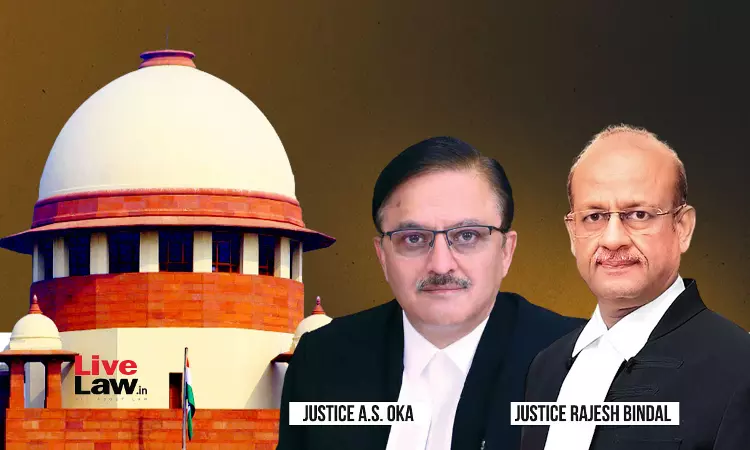The Supreme Court observed that the trial courts have to make proper preliminary examination of minor witnesses before recording their evidence.This is to to ascertain whether the minor is capable of understanding the questions put to him and is able to give rational answers.In this case, the the Sessions Court convicted the accused under Section 302 read with Section 34 of the Indian...

